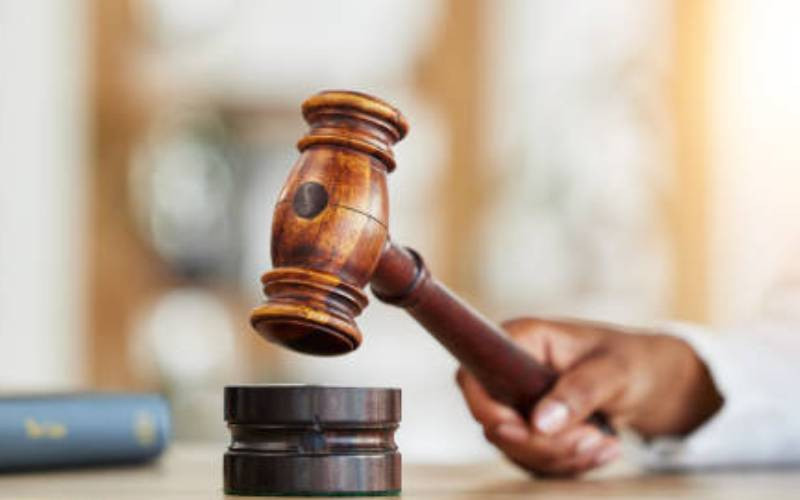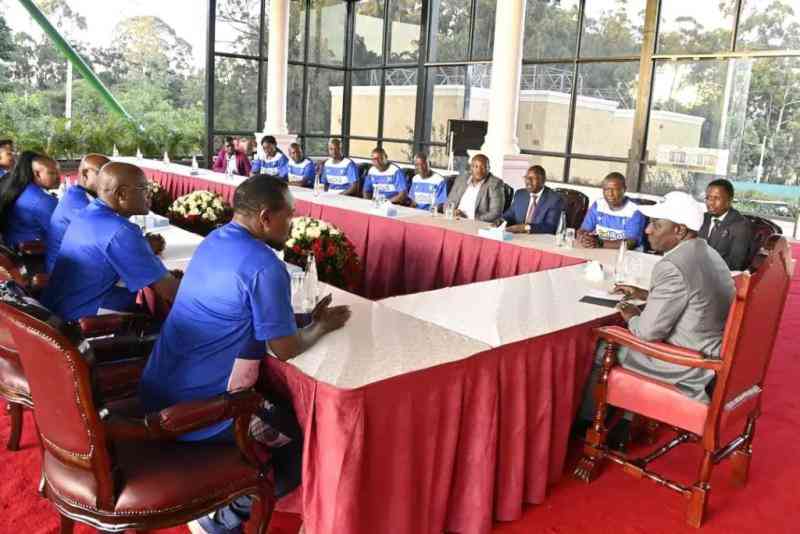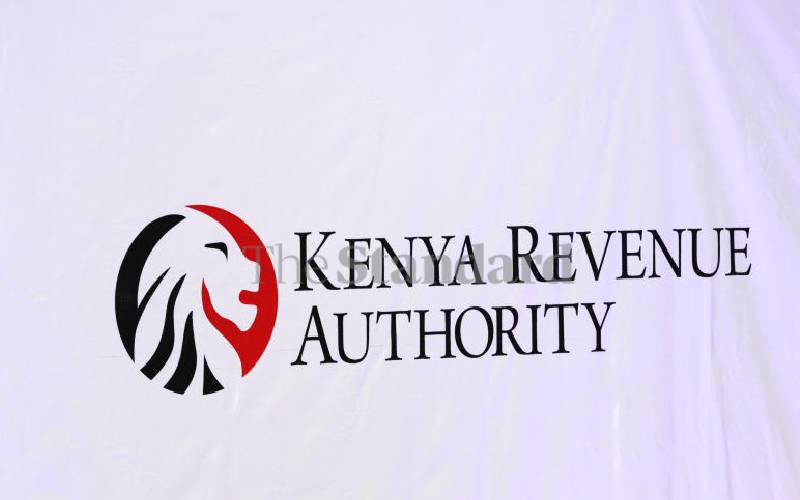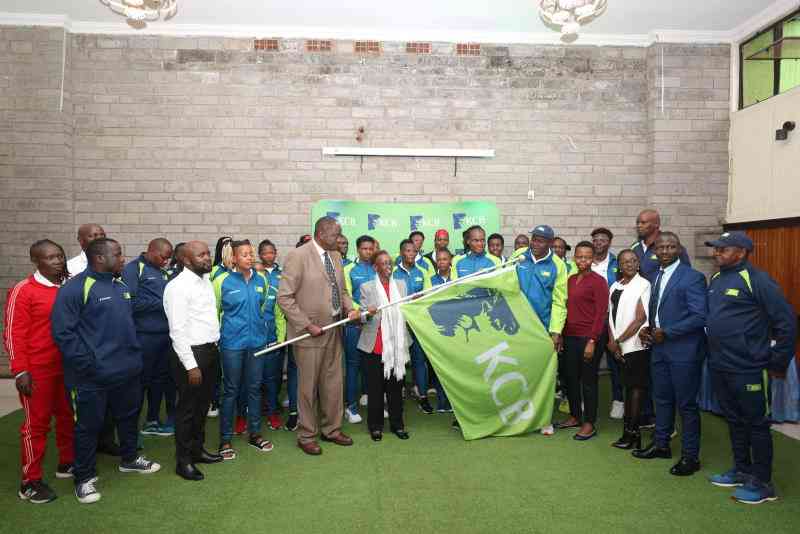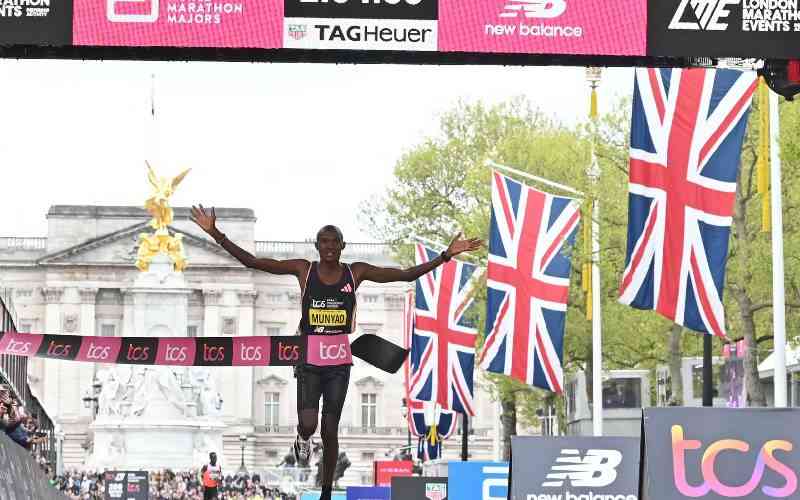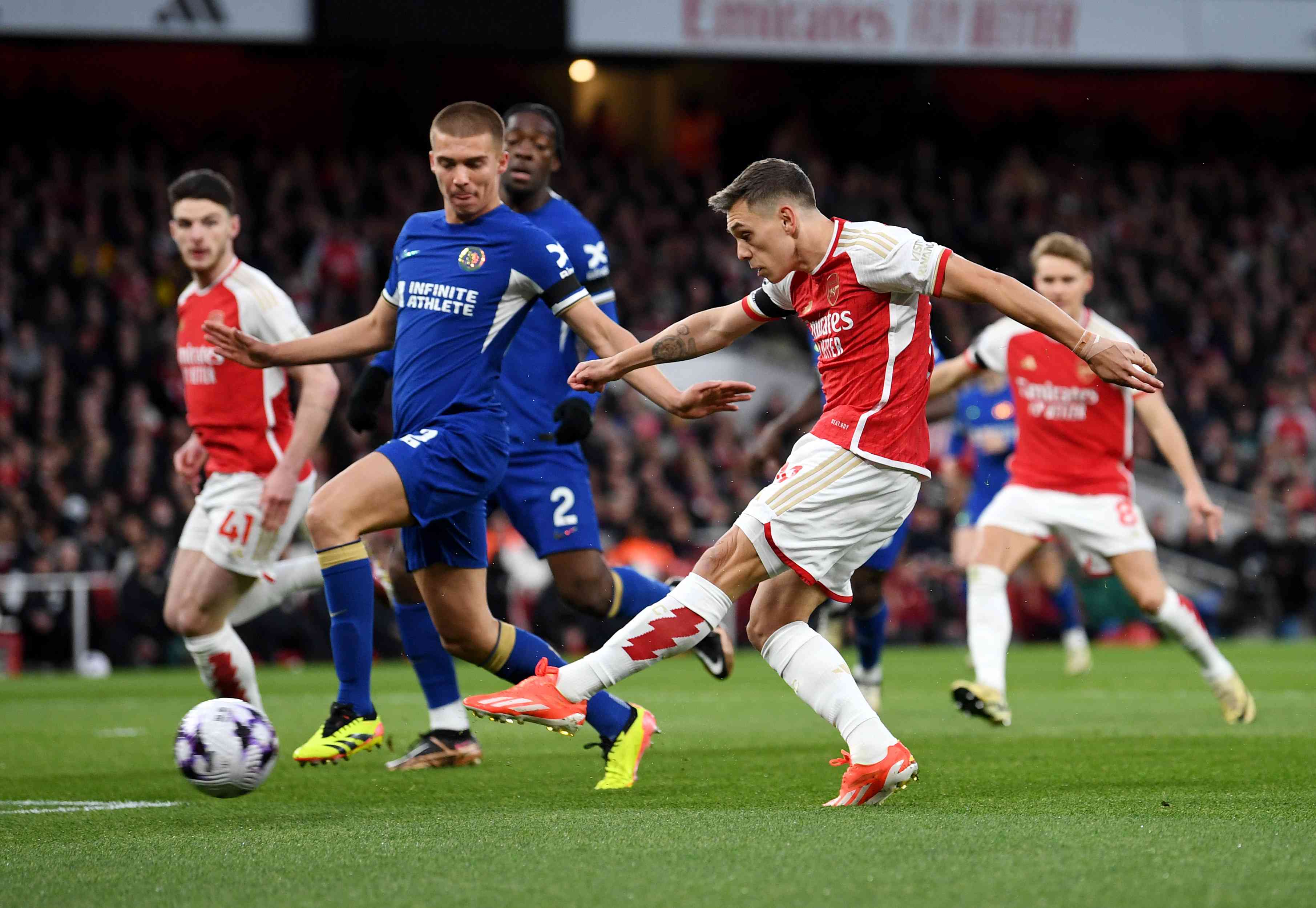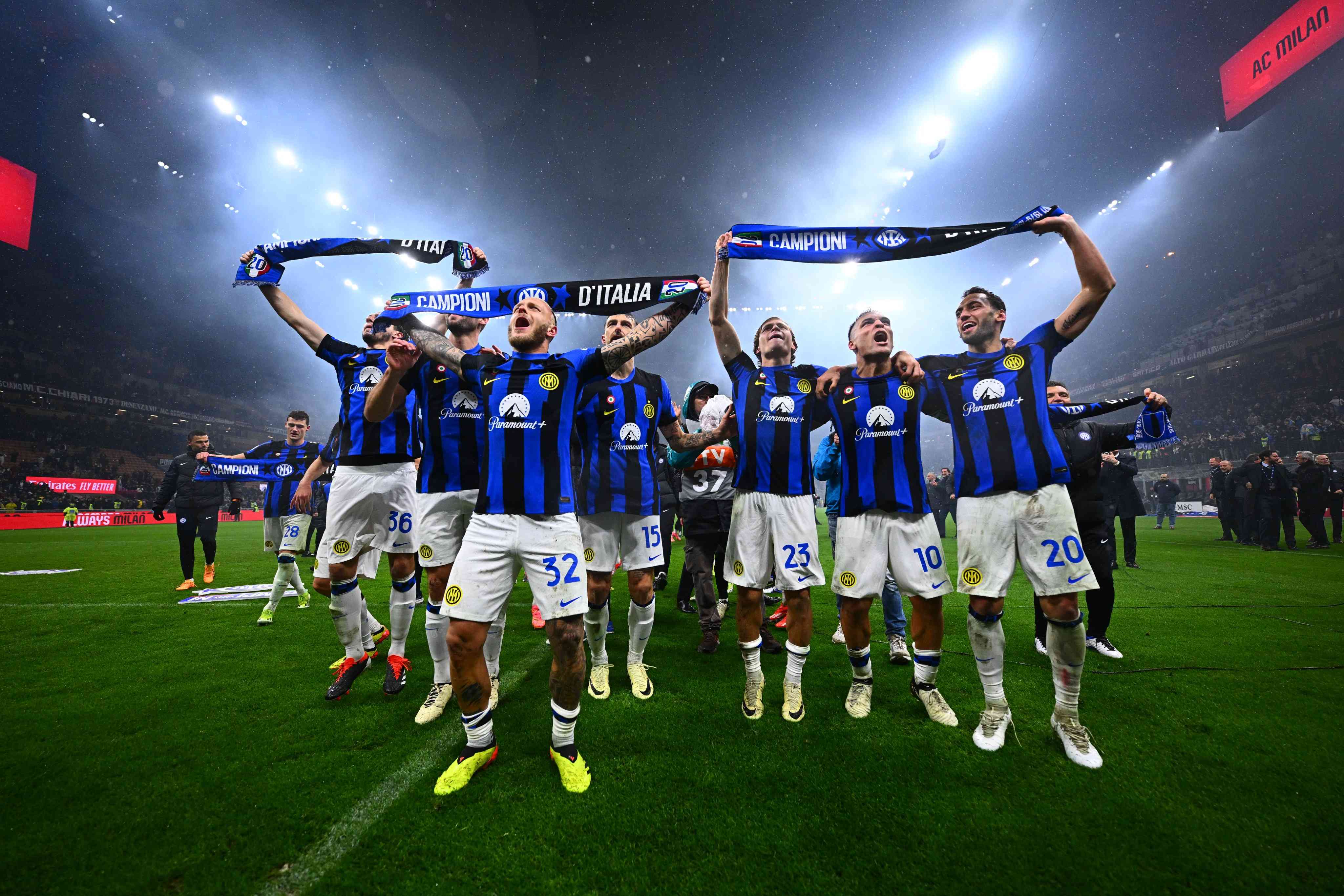Some of the world's most famous and biggest passions in sport run under ethnic, religious and sectarian names; teams like Boston and Glasgow Celtics, The Maoris (rugby XV), Asante (Ashanti) Kotoko, Universidad Católica (football, Chile), Mumbai Indians (IPL Cricket), Cleveland Indians and Atlanta Braves (baseball) and Washington Redskins (American football). Kenya was no different when President Moi banned used of "tribal" names throwing organizations such as Abaluhya United, Digo United, Maragoli United, Sikh Union, Goan Institute and Gema FC into confusion
 |
|
Gor Mahia Godfrey Walusimbi (left) vies for the ball against Tusker Fc's Andrew Tololwa during their TOP 8 match at City Stadium on 04-06-2014.PHOTO/DENNIS OKEYO |
Not long after he became President in August 1978, Daniel arap Moi ordered sports clubs and social organisations, which he said had names denoting "tribal" or "racial" grouping to drop them and adopt alternatives with a "national outlook".
Thus, Abaluhya Football Club, Luo Union FC, Maragoli United FC, Digo United FC, Feisal FC, Sikh Union Club, Goan Institute etc, had to go.
For many years that followed and some even today, they retained the titles they took up after the Moi order, for example; AFC Leopards, Re-Union, Imara United, Mwenge, Simba Union, Nairobi Institute, etc.
Gor Mahia survived even though they had been targeted; on the basis that they had a Luo name and set up. Somehow, the club convinced the powers that their name was derived from a personality, Gor 'wuod' Ogada, rather than being a mirror of the Luo community around which the mighty football club was built.
However, the club was said to have had a waiting alternative, should Moi operatives have stuck to their guns. Maybe Gor would have converted to Great Olympic Rangers (Gor), a cheeky way to get around Moi. But they could not even have risked "Gulf" because that would have suggested they came from the lakeside in Luo Nyanza. The order of the change of names clearly knocked some passion out of those organisations, especially the sporting ones.
The world over, sporting passions run around some social identity. But you can hardly conclude that names or even the basis under which those organisations were formed is ever used to discriminate.
Everyone was welcome, the critics of the Moi order said, to play sport at, say Luo Union, Gor Mahia, Sikh Union or at Abaluhya, irrespective of his/her tribal or race background. Indeed there was a precedent. Those teams had examples of players in their ranks from "outside". One of the rare examples, at the time was the goalie of the then indomitable men's hockey team in the country and in the continent. Jack Simonian, also a motor rallying ace and businessmen who ran the petrol service station on Koinange Street - where the Kengele's Restaurant stands today -starred for Sikh Union. He was of European descent rather than a Kalasingha.
The Moi ban was contrary to a great tradition of flourishing sporting teams based on "tribal" passion, but which everyone else dies to be part of.
The Celtics are one of the world's best known tribes - their roots being in Ireland and Scotland. Yet the name drives some of the world's most famous sporting teams including Boston Celtics (basketball), Glasgow Celtics (football) and "The Irish" is nickname of one of American universities' top sporting programmes, at University of Notre Dame (Indiana).
At its all-time best, an almost all-Black Boston Celtics had only one recognisable white player, Larry Bird, when they dominated the NBA (National Basketball Association) championship with Michael Jordan's Chicago Bulls amid one of the most famous rivalries. Furthermore, Boston Celtics' most iconic legend is Bill Russell, an African-American who was an unrivalled centre between 1956 to 1969.
London Irish, London Scottish, The Maoris; all rugby union sides of much tribal connotations, are much cherished by players from all backgrounds. Sport knows no barriers.
In Africa, too, no matter their roots, sports sides go for the best sportsmen to bolster their teams so that they can beat their rivals. Ashanti Kotoko of Ghana, for example, don't be fooled by their name, will pick any tribe, blue or yellow in colour, to bring to Kumasi so that they can beat bitter rivals Hearts of Oak or Great Olympics in Ghanaian League championships.
Young Africans of Tanzania have just brought in two Hispanics from Brazil as they embark on the new Vodacom League season. And hasn't Kenya's own Paul Were just gone down to South Africa to join the Premier Soccer League's Amazulu?
Even at the time (the Moi ban order), Gor Mahia already had a long tradition of picking the best players they could find irrespective of tribe. For instance, nearly every great football talent that popped up in Kisii or a "Mswahili" (read, from Kenya's Coast of Tanzania) found himself at Gor Mahia. The list of luminaries include: Chris Obure (who later became a Kenya Cabinet Minister), Francis Nyatome, Masanta Osoro, Abdalla Shebe and Abbas Khamis Magongo.
The tradition continues. Below is a recent Gor Mahia line-up and even a casual look throws up the fact that the names are not all from the roots of the club formed in 1968:
1 Frederick Onyango 18. Haroun Shakava
5. David Owino 5. Musa Mohammed
2. Godfrey Walusimbi 6. Collins Okoth
3. Geoffrey "Baba" Kizito 9. Timothy Otieno
7. Eric Ochieng' 8. Danny Sserunkuma
11. George Odhiambo 23. Joel Bataro
7. Simon Mungai Mburu 13. Charles Bruno
14. Kennedy Omogi 4. Kevin Oluoch
12. David Juma Otieno 20. Joseph Maina Kariuki
16. Arthur Semazzi
When the all-powerful Moi made the edict, which caused a countrywide consternation, sports followers could not fathom the fuss, but there was not even a feeble protest.
Abbas Parkar, a Nakuru sports correspondent for the 'Nation' Newspaper, however, felt obliged to write about the phenomenal rise of a Nakuru-based football club whose ambitions were cut short by the change-of-name order by Moi.
Apparently, since the Luo had Gor Mahia, Luo Union in Nairobi and Ramogi in Mombasa; the Luhya - many prominent football teams such as Abaluhya, Maragoli United [and numerous as small clubs in Nairobi – Marachi, Bunyore, Khisa, Tiriki], Abeingo (Nakuru) and Western Stars (Mombasa), and the hockey Kalasingha had Sikh Union and Khalsas, the then Central Province did not want to be left behind.
The Gikuyu, Embu and Meru Association (Gema) had been in existence, mainly involved in business and political consolidation around President Jomo Kenyatta from who Moi took over after death on August 22 1978.
Gema had eventually formed a football club, the mentor being one of the association's power-brokers, Kim Gatende, then the Provincial Engineer, Rift Valley, based in Nakuru.
Gema FC's rise and influence in the Kenya National Football League was fast and furious. They instantly became the only threat to the Gor Mahia/Abaluhya hegemony. Matches involving these three clubs were fiery both in Nairobi and Nakuru.
But when they could not operate as Gema and while in any case, Gema was on Moi's radar of those organisations to be cut to size, there was no way the football team could survive in the Moi era.
But Abbas' article outlined how when Gema was alive and much-endowed, their only concern and passion was to build the best team possible and recruited from any corner of the country they found a good player.
The names on the early line-ups were interesting. The most famous being Sammy Taabu, later a great AFC Leopards and Kenya midfielder, who in Marshal Mulwa's Harambee Stars' side won three consecutive Cecafa Challenge Cup titles in 1981, '82 and '83.
Taabu's great Gema team-mates included non-Central Province names such as Dick Anyanga, Anthony Abinya, Joseph Amwata, Abdul Raheem Karama and Mahamed Suleiman. Gema's efforts to tap the hidden talent among Central Province people unearthed rare gems such as Ben Chegge and "Bishop" Gatimu.
Patrick Naggi, later to rise as a Harambee Stars manager (1990 Africa Cup of Nations) and a leading coach in the country, had his best playing days at Gema. Gema FC was well funded due to its officials' closeness to the Government of the day. It was amateur days then and it was the easiest of tasks to get employment for Gema players in the civil service. Many found working stations in Nakuru. Nevertheless, you just need to see the Gema squad of its heydays to conclude that it was soccer talent that contributed to being on the team.
Gema FC (circa, late 1970s):
Mwinyi Juma Abdul Raheem Karama
Dominic Mugo "Bishop Gatimu"
Fred Owiti Salim Mwaviro
Alex Fred Chiku
Omari Wafula Malako
Joseph Amwata Peter Musembi
Ben Chegge Anthony Abinya
Mohammed Suleiman Dick Anyanga
Oduor David Ocholla
Fred Kubai Sammy Taabu
Ernest Maningi
Officials: Alex, Bernard Mweiga
(.....Side bar....)
PERSONAL PROFILE:
Name: Abbas Ebrahim Parkar
Born: May 4, 1939 Place: Mombasa
Schooling: Mombasa Mbheni Primary School, Technical High School, Coast Teachers Training College
Career (current): Director, Chairman, Wonder Feeds Limited co-owned by sons Habib Parkar, Abdul Jaleel Parkar, Hanif Parkar and old family friend Jamila Wairimu
- Previous: Service Centre Manager Super Form Limited, Factory Manager Nakuru Chrome Tanning Company
- School teacher (since 1962) and Deputy Headmaster (1972-76) Menengai High School, Nakuru
- Teacher Technical High School, Mombasa
Sports administration: Kenya Football Federation Rift Valley Branch Chairman (12 years until 1978)
- KFF Nakuru Branch Chairman (1965-66)
- Secretary Rift Valley Hockey Association for several years
- Official Rift Valley Secondary Schools Sports Association
Journalism: Nation Newspapers sports correspondent until 1988
...
Gema FC brought about a buzz in Nakuru and Rift Valley sport more than any other thing during the mid-1970s and towards its close.
Around to cover the soccer team's activities was 'Nation' Newspapers correspondent, Abbas Parkar, who also reported all other sports for the leading local daily.
But Parkar is a man synonymous with the history of sport in the region because he was also an diligent administrator. It was in the hunt for some rare pictures and captions of Gema FC that we caught up with the 75-year-old doyen of Rift Valley sport.
"I taught at the Technical High School, Mombasa, for two years before being transferred to Menengai High School, Nakuru, in 1962. I resigned from teaching and from my position as deputy headmaster of the school, for four years, in 1976 to go into private sector," he wrote back after enquiries last week about how he was doing.
And as to how he got involved in sport: "I was at Menengai High School. I not only helped with the Rift Valley Secondary Schools Sports Association, but also worked with the then Kenya Football League with Ken Matiba and Chris Obure, and with the Nakuru Olympic Youth Centre with (the West German soccer development expert) Bernhard Zgoll and Sammy Nyongesa.
"I took over from Ben Methu, as KFL Nakuru Branch chairman in 1965 and later became Kenya Football Federation Rift Valley Branch chairman for 12 years till about 1978.
"It was during my tenure of office that Nakuru boasted of four teams in the then [national] Super League-- Abeingo, Nyanam, Kenya Farmer Association (KFA) and Gema.
"As chairman, I had the honour in 1977 to travel to West Germany with the Kenya Youth Team with Bernhard Zgoll, and earlier to South Yemen with Tom Olaba."
Abbas is a man of rare pedigree, despite teaching and sports administration duties, for almost three decades, he covered the entire range of sport in Nakuru and rest of Rift Valley; from soccer, track and field, hockey, volleyball, swimming, cricket, squash, billiards and more and regularly wrote lengthy features for weekend and Monday editions for the Nation Group.
"It was also while at Menengai that I started writing for the 'Nation' and did so until December 1988."
With energy and gusto, he now heads the family business - Wonder Feeds Limited - co-owned by sons Habib Parkar, Abdul Jaleel Parkar, Hanif Parkar and old family friend Jamila Wairimu.
One of the inevitable sad note was to learn, too unexpectedly, that Abbas' closest partner for his many years was no longer with him.
"I married Abida, the mother of my three sons and two daughters, in Mombasa in 1961. It was in Mombasa that she passed away on May 31, 2014."
 The Standard Group Plc is a multi-media organization with investments in media
platforms spanning newspaper print operations, television, radio broadcasting,
digital and online services. The Standard Group is recognized as a leading
multi-media house in Kenya with a key influence in matters of national and
international interest.
The Standard Group Plc is a multi-media organization with investments in media
platforms spanning newspaper print operations, television, radio broadcasting,
digital and online services. The Standard Group is recognized as a leading
multi-media house in Kenya with a key influence in matters of national and
international interest.
 The Standard Group Plc is a multi-media organization with investments in media
platforms spanning newspaper print operations, television, radio broadcasting,
digital and online services. The Standard Group is recognized as a leading
multi-media house in Kenya with a key influence in matters of national and
international interest.
The Standard Group Plc is a multi-media organization with investments in media
platforms spanning newspaper print operations, television, radio broadcasting,
digital and online services. The Standard Group is recognized as a leading
multi-media house in Kenya with a key influence in matters of national and
international interest.



